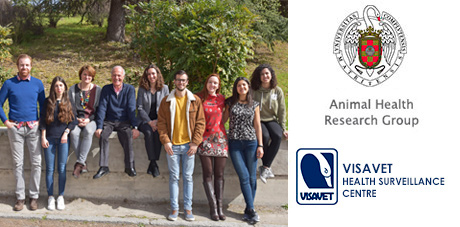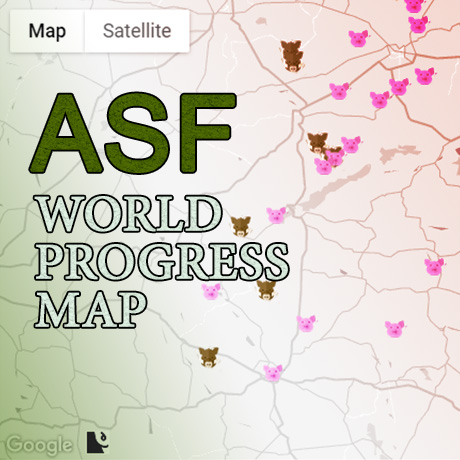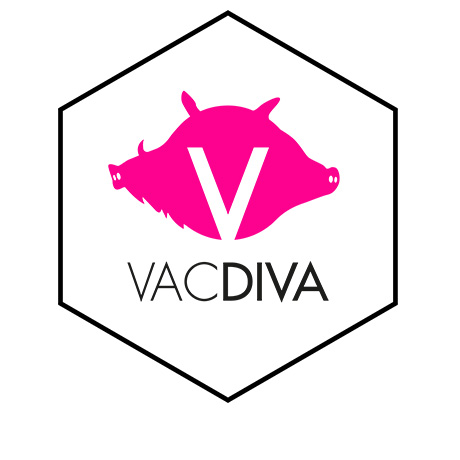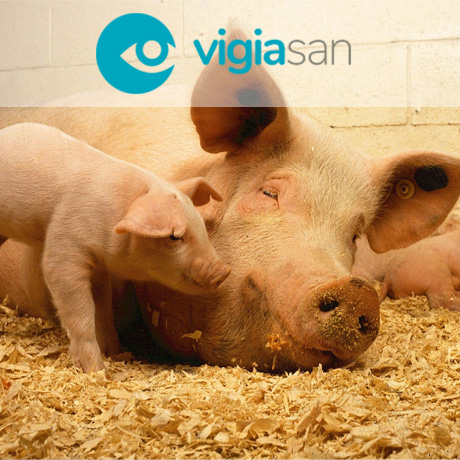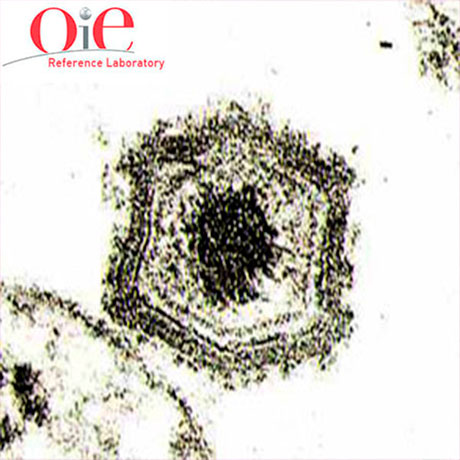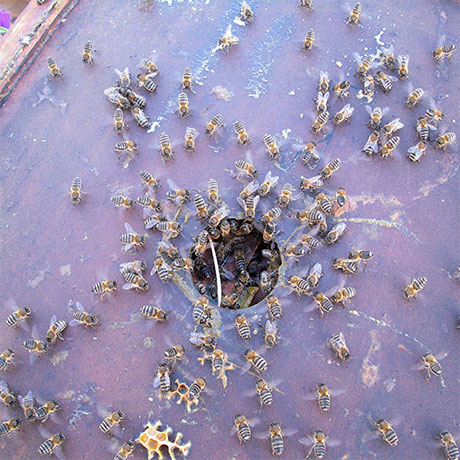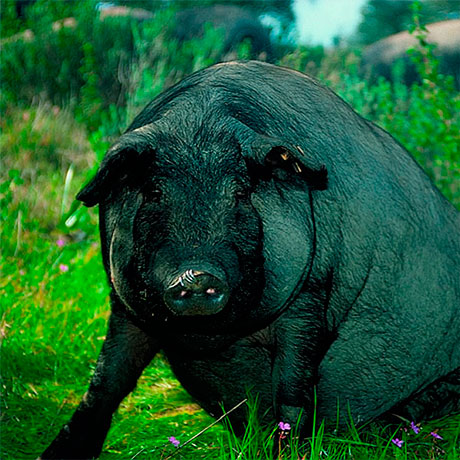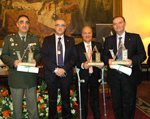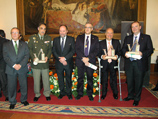World Veterinary Day
The veterinary profession celebrates the 13th World Veterinary Day on 27th April 2013
P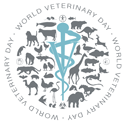 aris, 26 April 2013 - Tomorrow in many countries around the world, World Veterinary Day (WVD) will be celebrated for its thirteenth year. On this occasion the veterinary profession highlights its various contributions to the health of both animals and humans, underlining the vital role of veterinarians in also ensuring animal welfare, food safety, food security, safe world trade in animals and animal products as well as protecting public health.
aris, 26 April 2013 - Tomorrow in many countries around the world, World Veterinary Day (WVD) will be celebrated for its thirteenth year. On this occasion the veterinary profession highlights its various contributions to the health of both animals and humans, underlining the vital role of veterinarians in also ensuring animal welfare, food safety, food security, safe world trade in animals and animal products as well as protecting public health.
WVD was initiated by the World Veterinary Association (WVA) in 2000 in order to celebrate the veterinary profession annually on the last Saturday of April. The objective is to bring the importance of the Veterinary Profession to the society as well as individuals in focus.
World Veterinary Day activities around the world vary from seminars, workshops, "open doors " activities at clinics, hospitals and veterinary schools, social and media events to inform the general public about the key role played by veterinarians in our daily life.
In 2008 the WVA and the World Organisation for Animal Health (OIE) agreed on the creation of the World Veterinary Day Award. The aim of this award is to reward the most successful celebration of the veterinary profession. The first WVA-OIE World Veterinary Day Award was given in July 2008 to the Kenya Veterinary Association.
Every year the WVA and OIE are choosing a different theme for the World Veterinary Day Award. The selected theme for World Veterinary Day Award 2013 is Vaccination.
In previous years themes were Antimicrobial Resistance, Rabies, the One Health Concept and the Diversity of the veterinary profession.
The veterinary profession, through effective and efficient Veterinary Services, is crucial to the success of vaccination campaigns in animal health and consequently, in protecting human health from diseases of animal origin.
A vaccine is a biological preparation that improves immunity to a particular disease. The term vaccine derives from Edward Jenner's 1796 use of cow pox, to inoculate humans, providing them protection against smallpox.
Today, vaccines are valuable tools to stop the spread of a large number of transmissible diseases that threaten the health and welfare of animals and people. Through well organised campaigns, vaccination contributes to the eradication of diseases from certain areas and even from the world. The use of mass vaccination campaigns also limits, in many situations, recourse to depopulation in case of disease outbreaks.
Work with us
Albéitar 2012 award to Sánchez-Vizcaíno
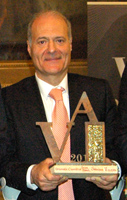 The recognition of excellence is essential to improve the progress of our profession, its evolution and its quality, especially in a profession like ours, vocational and sacrificed as few.
The recognition of excellence is essential to improve the progress of our profession, its evolution and its quality, especially in a profession like ours, vocational and sacrificed as few.
Albéitar Awards recognize those who represent the different aspects dignify the profession, its scope, its importance and significance in it.
![]() More information about Albéitar 2012 awards
More information about Albéitar 2012 awards
New in the media: ideal.es
Albéitar 2012 award

The Andalusian Council of Official Associations of Veterinarians (CACV) has awarded this year's 2012 Albeitar prize in the scientific category to José Manuel Sánchez-Vizcaíno. This is the second edition of these awards, whose purpose is to recognize the work carried out by people and institutions in favor of the development and improvement of the exercise of the veterinary profession and are granted to the Scientific, Disclosure and Institutional categories.
The award ceremony will take place on March 6 at the headquarters of the Rector of Granada.
Spain declared free of serotype 8 of Bluetongue virus
Almudena Sánchez Matamoros & José Manuel Sánchez-Vizcaíno
January 16th, 2013. SUAT-UCM
On 15th January 2013, Spain has proceeded to declared itself free of serotype 8 of bluetongue virus, since the region of Campo de Gibraltar (Cadiz) satisfy the health requirements to achieve this health status. This fact has been achieved through proper control and eradication strategy based on vaccination and control of animal movements.
The serotype 8 of the bluetongue virus appeared for the first time in Spain in January 2008. The system of disease surveillance implemented in Spain allowed the early detection the entry of new serotype, and the implementation of rapid and effective control measures based on vaccination and movement control, achieved a limited spread.
The restriction zones of Spain as of January 2013 are: Canary and Balearic Island are considered free of disease; Spain mainland would be considered restriction zone for serotype 1 and four provinces in southern Spain also have this category for serotype 4.
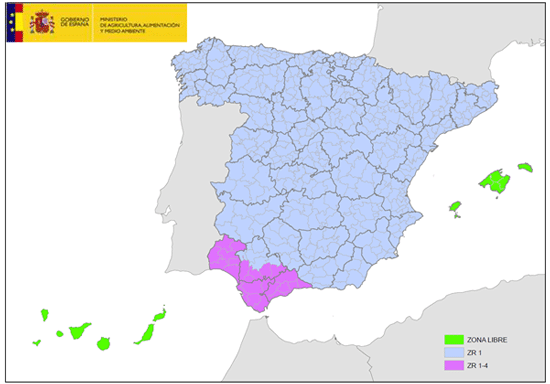
Fig. 6: Bluetongue restriction zones in Spain as of January 2013
Source: Ministerio de Agricultura, Alimentacion y Medio Ambiente (MAGRAMA), 2013
This advance in the fight against BTV relaxes restrictions on exports of cattle, sheep and goats from Spain. Highlight that currently in Europe only the islands of Corsica (France) and Sardinia (Italy) remain as restricted area for serotype 8.
Links: RASVE



